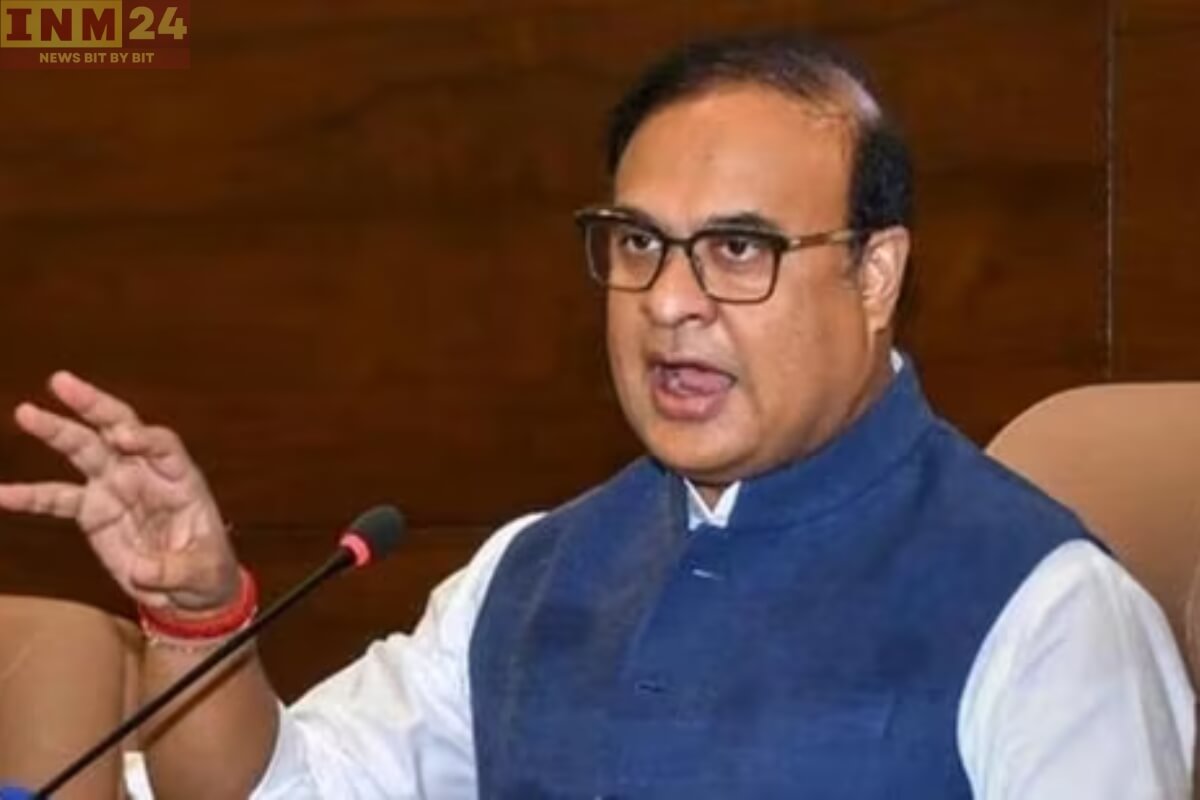In a significant move, the Assam cabinet has given its approval for the repeal of the Muslim Marriage and Divorce Registration Act. This decision, which comes after deliberation and consideration of various factors, marks a pivotal moment in the state’s legal landscape and raises questions about the implications for Muslim marriages and divorces in Assam.
Repeal of Muslim Marriage and Divorce Registration Act Sparks Legal Reevaluation
The Muslim Marriage and Divorce Registration Act, enacted in the past, provided a framework for the registration of Muslim marriages and divorces in Assam. However, the decision to repeal this legislation signals a shift in approach and underscores the need for a reevaluation of existing legal provisions governing Muslim personal law in the state.
While the precise reasons behind the decision to repeal the Act have not been explicitly stated, it is likely that the Assam cabinet’s decision reflects broader considerations related to legal reform, administrative efficiency, and constitutional principles. Additionally, the repeal of the Act may be seen as part of ongoing efforts to streamline legal procedures and promote uniformity in the registration of marriages and divorces across different communities in Assam.
Far-Reaching Implications of Repealing the Muslim Marriage and Divorce Registration Act
The implications of the repeal of the Muslim Marriage and Divorce Registration Act are likely to be far-reaching, affecting various stakeholders including Muslim individuals, religious authorities, legal practitioners, and civil society organizations. Questions may arise regarding the legal status of marriages and divorces previously registered under the Act, as well as the procedures to be followed for future registrations.
Furthermore, the repeal of the Act raises broader questions about the status and recognition of Muslim personal law within the legal framework of Assam. While personal laws governing marriage, divorce, and other familial matters have traditionally been based on religious principles and customs, the repeal of specific legislation pertaining to Muslim marriages and divorces may signal a departure from this approach.
It is essential to recognize that the repeal of the Muslim Marriage and Divorce Registration Act should be viewed within the broader context of legal reform and the quest for a more equitable and inclusive legal framework. Efforts to ensure the protection of individual rights, gender equality, and access to justice must be central considerations in any reform process affecting personal laws, including those governing Muslim marriages and divorces.
Necessity of Stakeholder Engagement in Reforming Muslim Marriage and Divorce Regulation
Moving forward, it will be imperative for the Assam government to engage in meaningful dialogue with stakeholders, including representatives from the Muslim community, legal experts, and civil society organizations, to address concerns and develop alternative mechanisms for the registration and regulation of Muslim marriages and divorces in the state.
The Assam cabinet’s decision to repeal the Muslim Marriage and Divorce Registration Act marks a significant development in the state’s legal landscape. While the implications of this decision are yet to be fully understood, it underscores the need for thoughtful consideration, dialogue, and engagement with stakeholders to ensure that any reforms are in line with constitutional principles, uphold individual rights, and promote justice and equality for all citizens, irrespective of their religious affiliation.
